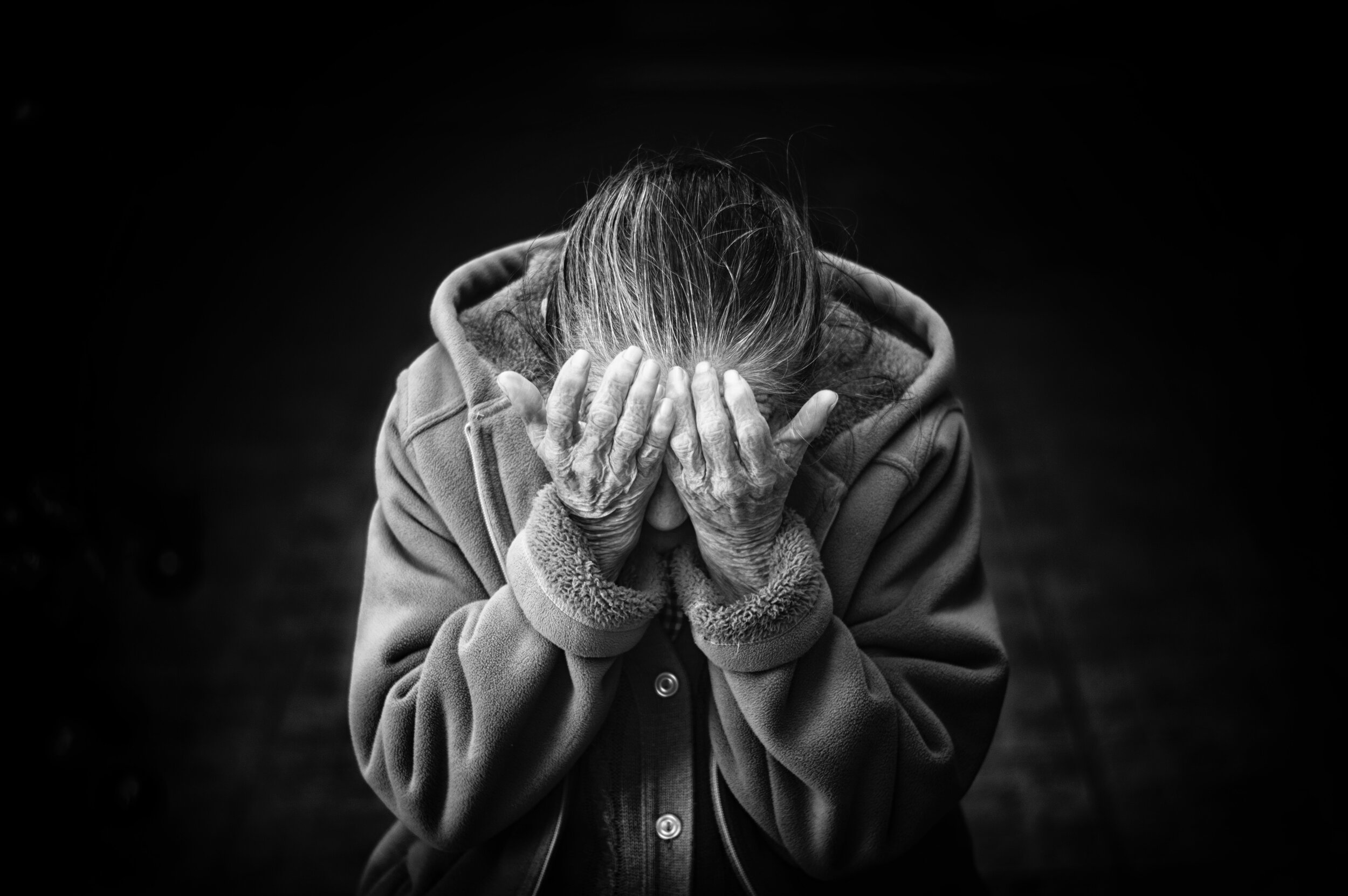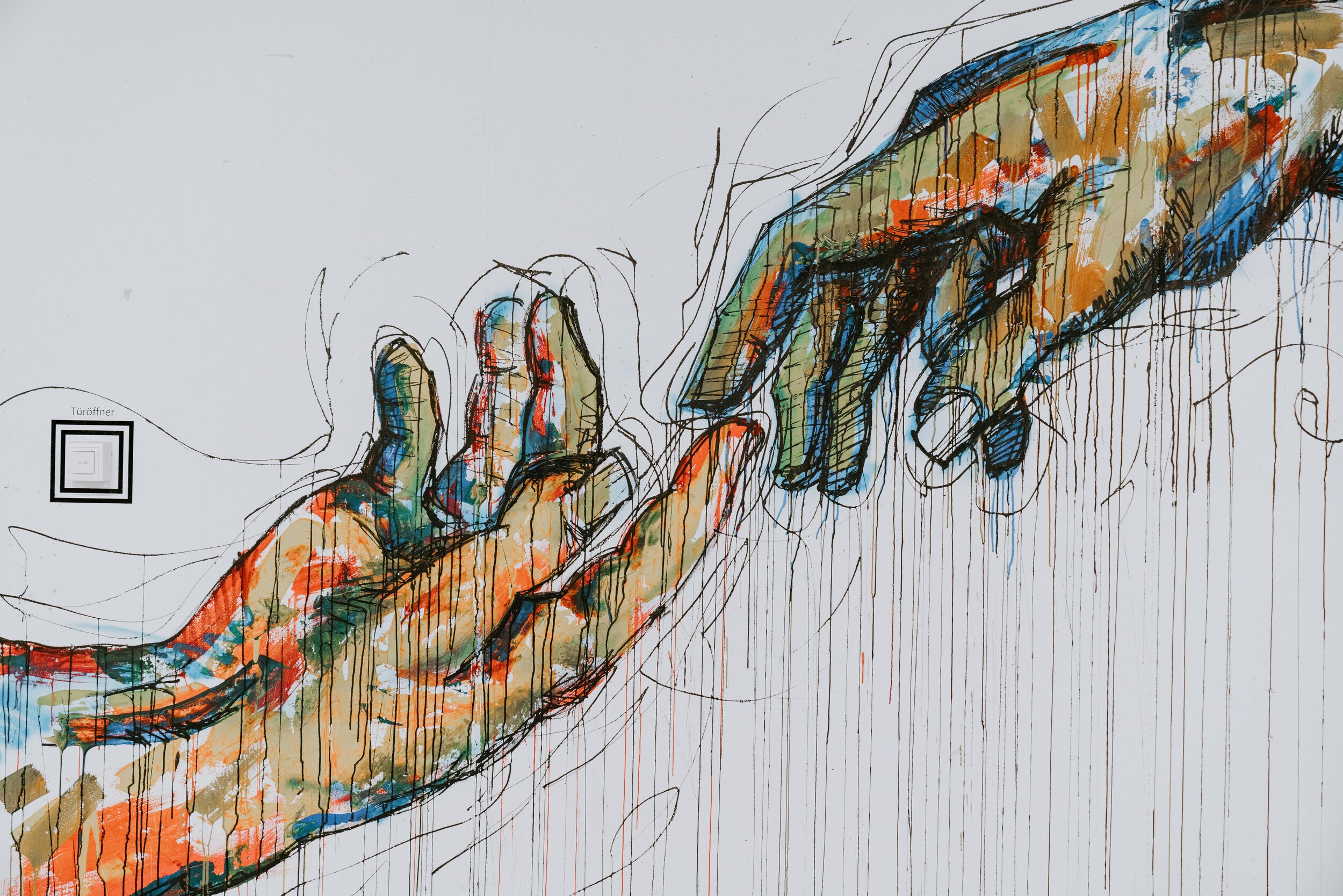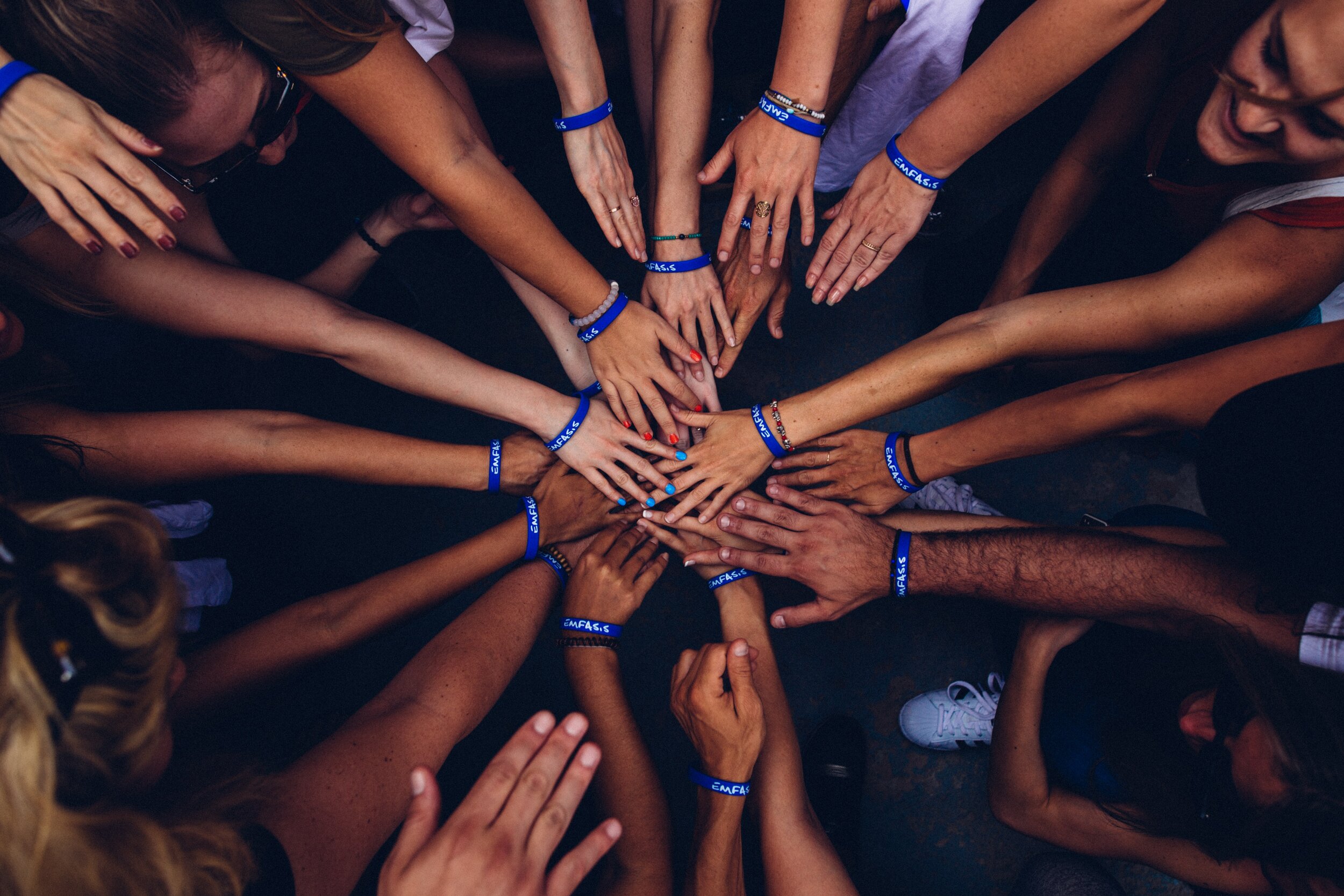Trauma

As much as we would like to never experience grief, it is a universal experience that is unfortunately inevitable. Grief is the acute feeling of shock, overwhelming sadness & pain when someone passes away. It comes on suddenly, is strong & usually knocks the wind out of us. Grief comes in waves & may impact you at different times in your life. For example, if you just received a promotion at work, your first instinct might be to call your mother to share the good news. As you pick up the phone, you suddenly remember that your mother passed away a few years ago. The realization that she is no longer living, causes feelings of grief to wash over you. This is how grief ebbs & flows. Grieving on the other hand is the process of how we adapt to this loss in order to move forward with our lives. Grieving is fluid & demonstrates the relationship we have with grief as it changes over time.

As the pandemic has raged on, various communities have experienced struggles in our country and others, political tension has risen, and other nations have experienced hardships, the uncertainty and unpredictability of things can lead to feeling many symptoms of anxiety.
While many have established strategies to cope with some of the above factors, like wearing masks, the emotional toll these events have taken on us is large. The way we handle the difficult emotions that have developed as a result of this time period is important, as they can continue to negatively impact ourselves and others.

Losses of loved ones, losses of jobs, relationships ending, lack of being able to see our loved ones, and more, all have a significant impact on us. When experiencing a loss of any kind it’s normal to experience a variety of emotions including guilt, anger, fear, and shock. There are coping strategies to care for yourself as you process loss and feelings of grief, in addition to seeking support from friends, family, and maybe even a therapist. Seeking some strategies to assist in coping with the process of grief as we transition to a new period, here are a few:

COVID-19 has brought us a year of anxious uncertainty. Sheltering in place, working remotely, or facing daily hazards as essential workers, we’ve been unable to see our extended families, meet a friend for coffee, or even go to the gym, a sports game, concert, or movie. Some of us have lost loved ones, leaving a heartbreaking hole in our lives. All of us have lost touch with the normal rhythms of life. With no breaks in routine and fewer simple pleasures, the past few months have been an endless blur. Recent studies have shown that depression rates in America have tripled since the pandemic began (Berman, 2020).

With the pandemic forcing many of us to stay inside as much as possible, most therapists are meeting their clients virtually at present, in order to protect others and remain safe. While there has been an adjustment to navigating virtual therapy, there have been many benefits to being able to transition to more virtual opportunities for therapy.

Being in a relationship with someone who has a trauma history can be uniquely challenging at times. In many cases, individuals who experience trauma may behave in ways that are hard for their partner to understand. They may experience panic attacks, express distrust, escalate quickly to anger, or become disengaged. As trauma can interrupt emotional processing, those who have experienced trauma often struggle to articulate what is really going on inside of them. This can cause conflict and miscommunication, and it can make it difficult for well-intended partners to know what kind of support to provide. If this sounds a bit like your experience, not to fear! There are ways to become a trauma-informed and compassionate partner while also maintaining your own boundaries and safety within your relationship.

With so much content across social media around the pandemic and ongoing protests as well as outcries amongst systemic racism and police brutality, it’s important to understand the impact this has on one another and how this may exacerbate ongoing trauma responses.

It is crucial during this time to create healthy boundaries and engage in self-care. This looks different for all whether this be dancing, crafts, cooking, gardening, spiritual or religious practices, and many others. Limiting social media and news activity may be helpful in engaging in self-care, as well as breathing exercises and other mindful techniques to reduce anxiety and process difficult feelings. Self-care is crucial during this time, here are a few resources from the NAMI list of health resources for the black community.

As protestors continue to take to the streets across the country, highlighting ongoing systemic racism, social media is amplifying these messages. Videos and photos depicting police violence toward protestors such as shooting them with rubber bullets, driving cruisers into crowds, and throwing tear gas at protestors can be viewed daily, across social media platforms. According to research, while this imagery shines light on racism and aims to bolster efforts in fighting it, the explosion of content can also cause and reinforce trauma, especially for black people. Trauma and the possibility of symptoms of PTSD can occur due to the accumulation of experiences of racism and discrimination.

It is reported that 20% of Black Americans are more likely to report symptoms of psychological distress than their white counterparts (MHA, 2020). Black teenagers are also more likely to attempt suicide than their white counterparts, and Black Americans are more likely to be victims of serious violent crimes than white Americans – thus leading to symptoms fulfilling criteria for Posttraumatic Stress Disorder (PTSD) (MHA, 2020). Racialized trauma plays a large role in these astounding numbers and the ongoing cycle of violence so many experience.